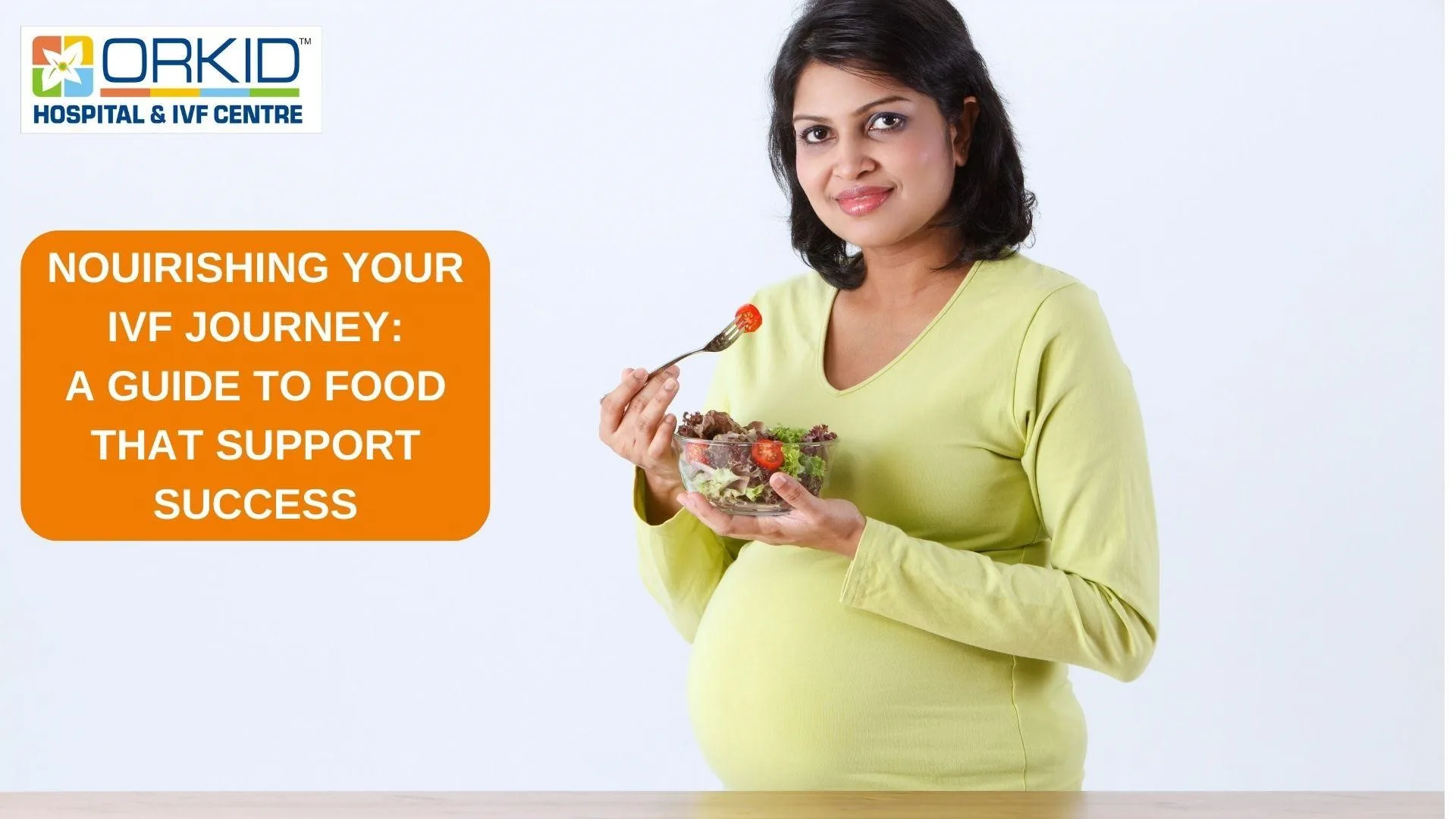Embarking on the journey towards parenthood can be a transformative experience, yet for many couples, the path is fraught with the challenges of infertility. Orkid Hospital & IVF Centre, one of the best infertility hospitals in Surat, stands as a beacon of hope for those facing this journey. In this comprehensive guide, we will delve into the myriad fertility treatment options offered by us.
Orkid Hospital & IVF Centre has earned its status as one of the best infertility centers in Surat by offering a comprehensive range of fertility treatments. The center seamlessly combines cutting-edge technology, a team of skilled specialists, and a patient-centric approach to provide unparalleled care.
Services at Orkid include:
Advanced Fertility Treatments: Orkid’s state-of-the-art facilities offer a spectrum of fertility treatments, including IVF, IUI, and ovulation induction, all tailored to maximize the chances of conception.
Diagnostic Expertise: Accurate diagnosis is the cornerstone of effective fertility treatment. Orkid’s advanced diagnostic capabilities ensure a thorough understanding of each patient’s unique situation, paving the way for targeted interventions.
Comprehensive Approach to Infertility Treatment
Being one of the best infertility hospitals in Surat, Orkid Hospital & IVF Centre goes beyond traditional fertility treatments, offering a holistic approach that considers the physical, emotional, and psychological aspects of infertility. The center’s commitment to excellence is reflected in its multidisciplinary approach, with experts collaborating to provide the most comprehensive care possible.
Orkid’s Commitment to Success
As the best infertility center in Surat, Orkid takes pride in its high success rates and patient satisfaction. The hospital’s commitment to transparency and patient education ensures that individuals and couples are well-informed throughout the treatment process.
A Testimony to Excellence
Countless success stories stand as a testament to Orkid’s prowess in fertility treatment. Couples who once faced the challenges of infertility now proudly share their joyous experiences, highlighting the personalized care, cutting-edge treatments, and unwavering support received at Orkid Hospital & IVF Center.
For those seeking the advice of the best gynecologist in Surat, Orkid stands out as the epitome of excellence. The combination of Dr. Kajal Mangukiya’s expertise and Orkid’s state-of-the-art facilities makes it the preferred destination for couples on their journey to parenthood.
Exploring Options for Addressing Infertility:
Once the initial assessment is complete, our expert will provide recommendations on the next steps. This may include suggesting lifestyle modifications, surgical intervention, medical management, referring the male partner to a urologist, or ultimately, seeking the expertise of a fertility specialist. We are here to assist you in navigating the path ahead.
Surgical Interventions
For women experiencing conditions like blocked fallopian tubes, endometriosis, and/or fibroids, surgical treatment may offer benefits. Surgical procedures may also be advised for male partners if the evaluation reveals sperm blockages or a history of vasectomy.
Ovulation Induction
Addressing ovulation disorders often involves ovulation induction — the utilization of hormones or fertility medications to stimulate the release of one or more eggs from the female ovaries. This treatment can be administered orally or through injections.
At VPFW, our providers can initiate an initial trial of oral ovulation medications (such as letrozole or clomiphene) if infertility is associated with conditions like polycystic ovarian syndrome (PCOS). Beyond this initial management, infertility treatment may be directed by a specialist. Ovulation induction may also involve injectable medications, a determination made by a reproductive specialist.
Assisted Conception
Procedures designed to enhance fertilization, such as intrauterine insemination (IUI) or in vitro fertilization (IVF), fall under the umbrella of assisted conception.
Intrauterine Insemination (IUI)
IUI, also known as artificial insemination, involves the direct insertion of sperm into the woman’s uterus during ovulation. Couples often start with this treatment due to its lower cost and less invasive nature compared to IVF. The process includes collecting a semen sample, washing it in a lab to isolate the most mobile sperm, and then inserting it into the uterus using a speculum.
The timing of the IUI procedure is crucial and aligns with the most fertile phase of the female partner’s cycle, necessitating ovulation tracking. IUI is frequently coupled with ovulation-inducing hormones or medication to increase the number of eggs ovulated, enhancing the chances of conception. Couples combining ovulation induction with IUI may have an increased likelihood of conceiving twins or multiples.
While IUI is a recommended initial step for couples with unexplained infertility, its success depends on the female partner’s ability to ovulate and implant a fertilized egg, as well as the motility of the male partner’s sperm. If any of these conditions are not met, transitioning to IVF may be advised.
In Vitro Fertilization (IVF)
IVF entails retrieving eggs from the ovary, fertilizing them with sperm in a laboratory, and subsequently placing the embryo into the uterus. This more invasive and expensive procedure generally boasts a higher success rate compared to IUI.
Depending on the cause of infertility, the egg, sperm, or embryo used in IVF may be from a donated source. Additionally, embryos can be placed in the uterus of a gestational carrier (surrogate) to carry the pregnancy.
Egg Freezing
IVF can also utilize eggs previously retrieved and frozen. Freezing eggs preserves their quality, offering women not ready for immediate parenthood an option to safeguard their fertility for the future.
Conclusion
The emotional aspect of infertility cannot be overlooked. Orkid’s dedicated team provides counseling and support throughout the fertility journey, acknowledging the challenges and triumphs that come with it.
Orkid Hospital & IVF Center, as the best infertility center in Surat, is dedicated to making the dream of parenthood a reality for every individual and couple. With a holistic approach, cutting-edge technology, and a compassionate team, Orkid stands tall in the realm of fertility treatment, offering hope and solutions to those navigating the intricate path of infertility. Choose Orkid, and embark on your journey to parenthood with confidence and assurance.










